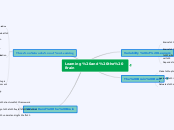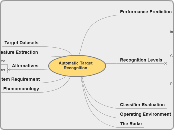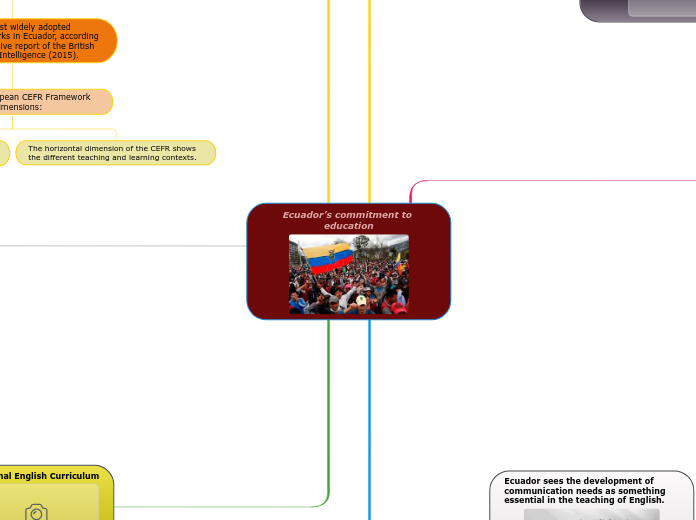arabera Chelcie Cryer 6 years ago
197
Learning and the Brain
The brain's learning process involves three main networks: strategic, affective, and recognition. The strategic network is responsible for planning and organizing actions, from basic tasks like walking to complex actions like talking.









